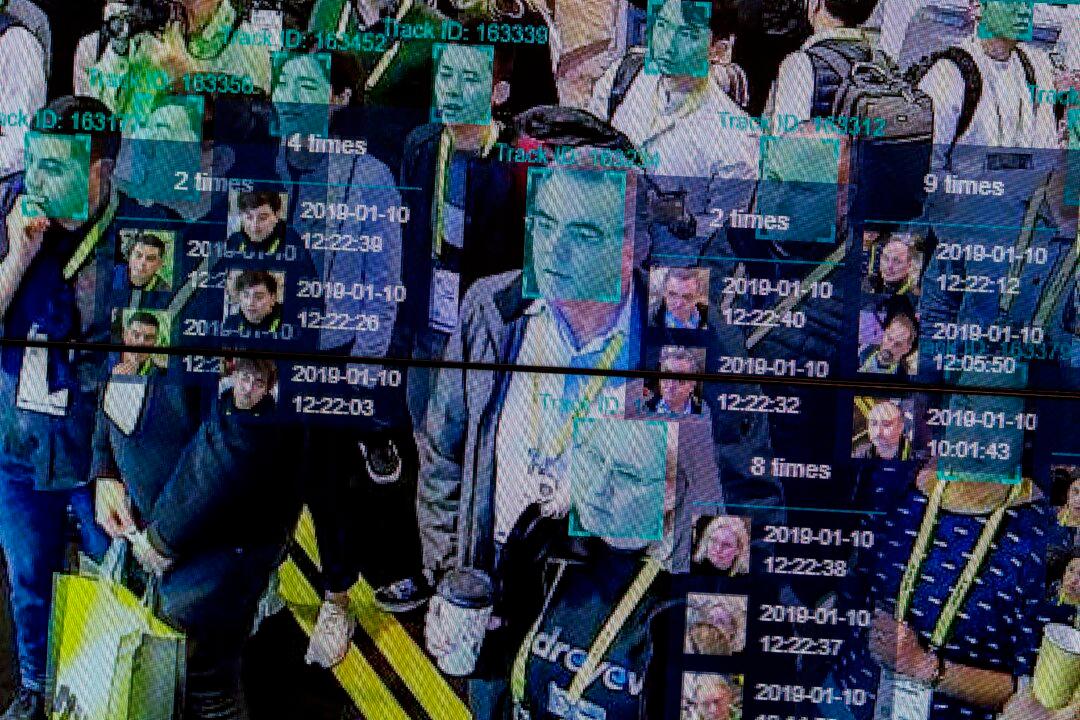A professor is challenging a wildlife park in China over its use of facial recognition, making him the first person to take such an issue to court in a country where surveillance has become commonplace.
Guo Bing, an associate professor in legal studies at Zhejiang Sci-Tech University, filed the lawsuit against Hangzhou Safari Park on Oct. 28, after the park made it mandatory for its annual pass holders to register their faces in order to enter the park, according to the lawsuit.





